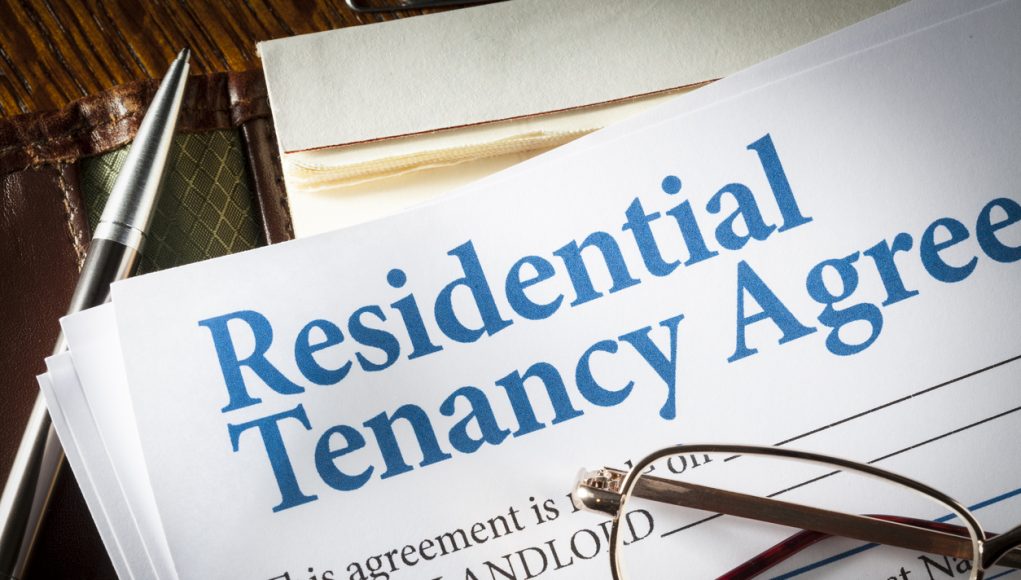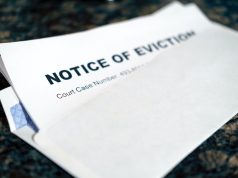Interested in becoming a landlord? From small units to large homes, renting out real estate you own can produce a steady flow of regular income, helping you generating income and develop wealth over the long term.
While being a landlord can be extremely rewarding, it can also be a major challenge, especially as a first-timer. From investment errors to practical oversights, landlords of all types can make a range of common mistakes.
Below, we’ve listed six of the most common mistakes landlords make, as well as tips to help you avoid making these errors if you opt to rent out your residential property.
-
Not checking a tenant’s background
If your property has been sitting unoccupied for several months, it can be tempting to accept the first offer you receive from a potential tenant.
The problem with this approach is that you could end up renting your home to someone without a high enough income to pay the rent, or to someone with a lengthy history of late payments or bad renter behaviour.
Before you consider renting to anyone, make sure they have the necessary credit history and income to pay the rent. If you think it’s necessary, you can also pay for a background check to make sure your property is inhabited by a responsible, low-risk tenant.
-
Neglecting to carry out repairs and maintenance
From cleaning the carpet to double-checking that the plumbing works as it should, it’s important to carry out regular maintenance between tenants.
In fact, failing to carry out regular repairs and maintenance is one of the most common mistakes new landlords make. On average, landlords in the UK spend between £200 and £1,000 per year on maintenance. If you spend less than this, you may not be maintaining your property properly.
It’s important to remember that avoiding cheap, minor repairs in the short term can often leave you with larger bills in the long term — a situation that any ROI-focused landlord should want to avoid.
-
Assuming your property will always be occupied
If you’re planning to rent a property you’re purchasing with a mortgage, it’s essential to take a realistic approach to occupancy.
Unless your property is significantly underpriced (a major problem in itself), it will never always be rented. From a few weeks to a few months, there will be timed in between tenancies in which the property is vacant, meaning you won’t receive any rental income.
By planning ahead for empty, no-income periods, you’ll get a more realistic understanding of how profitable it is to be a landlord. This approach will also help you avoid using a mortgage that’s unaffordable — a common situation for first-time residential landlords.
-
Not taking out appliance insurance
Are you renting out a fully or partially furnished flat, home or apartment? If so, it’s important to take steps to protect your investment, particularly the cash that you spend on appliances and furniture.
From TVs to home gaming consoles, many home appliances can be covered using a gadget insurance policy. If you’ve furnished your rental property with expensive, high quality furniture, it’s also worth looking into an insurance policy to protect it from wear, tear and damage.
-
Not being available for the tenant
From time to time, your tenant (or tenants) could run into problems with your property, ranging from mail that’s addresses to you (or to a previous tenant) to questions related to the property that only you can answer.
If you’re difficult to contact, this can create a stressful experience for your tenants, as well as leaving you out of the loop on what’s going on in your property.
To make life easy for your tenants and stay on top of the status of your rental property, make sure your tenants can easily contact you over the phone or by email. Usually, a phone call is more than enough to solve most problems and keep you fully in the loop.
-
Failing to insure your boiler and central heating
For a tenant, nothing is more frustrating than a rental property with a boiler that just doesn’t work properly. For a landlord, nothing is more frustrating than a damaged boiler, especially if it breaks in the middle of winter.
Boiler repairs can be quite expensive for you as a landlord. They can also be very inconvenient, with repairs often requiring an alternative heating system or form of accommodation for tenants.
One way to avoid the stress, frustration and cost of boiler problems is to buy boiler insurance for your rental properties. This way, you’ll be covered for the cost of repairs to your boiler or central heating system, if anything were to ever go wrong.
















